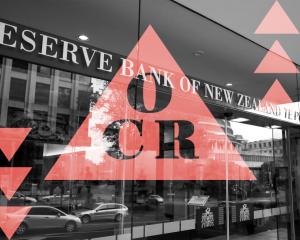The earnings for the country's second biggest supermarket chain, Woolworths, have taken a hit because of weaker trading and the costs of rebranding from Countdown, forcing its Australian owners to take write down the value of the business.
The parent company said its pre-tax earnings were expected to be down about 42 per cent to $71 million for the six months ended December.
"The trading performance in New Zealand Food has continued to be challenging," Woolworths Australia said in a stock exchange statement.
It said there had been progress in the business with sales improving in rebranded stores, new pricing strategies, and a revamping of its rewards and loyalty scheme.
The rebranding and stores upgrading programme has cost $13m to date.
"Due to a weaker medium-term market outlook, the time for the transformation initiatives to reach full potential, and the impact of higher interest rates on discount rates, it is prudent to review the carrying value of the goodwill on the balance sheet that was booked as part of Woolworths Group's original acquisition of Foodland's New Zealand business."
Woolworths bought the Foodtown supermarket chain from Foodland in 2005, and put a goodwill value of $2.3 billion on the business, which would now be written down by $1.6b to $700m."
Goodwill represents the value of intangible assets such as intellectual property, and brand recognition of its brand, which are not easily valued.
Woolworths Group chief executive Brad Banducci said it remained confident about the prospects for its New Zealand operation and the rebranding programme.
"While the short-term performance has been impacted by a variety of factors and the speed of improvement remains uncertain, we are seeing early positive signs from our Kiwi customers as our transformation gathers momentum."
The supermarket sector has been shaken up in the past year by new rules to improve competition in wholesale operations, clarify and simplify pricing and promotions, good faith bargaining with suppliers and a code of conduct, monitored by a new regulator, the Grocery Commissioner.












